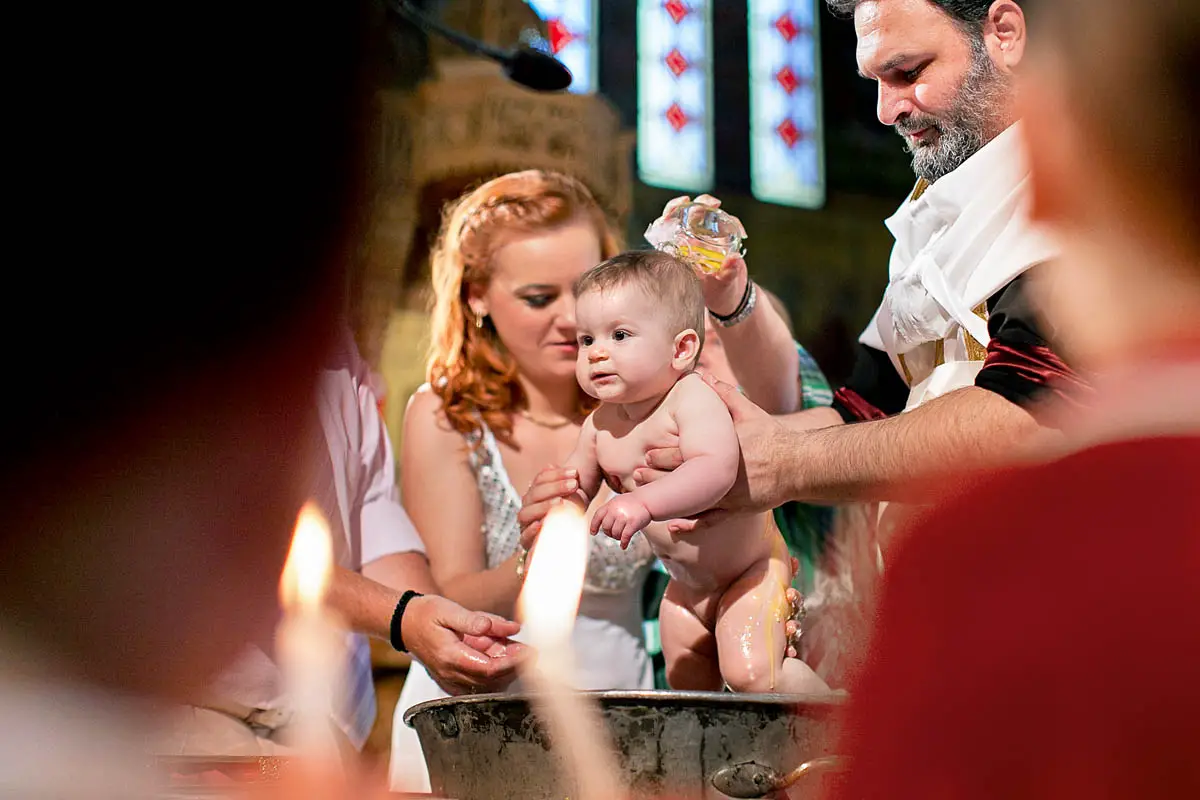Catholic facts
Do Catholics Rebaptize new Converts.
The sacrament of baptism holds significant importance within the Catholic faith, symbolizing initiation into the Christian community and the washing away of original sin. However, the question of whether the Catholic Church rebaptizes new converts is a matter that requires careful examination and understanding. While rebaptism is generally not practiced in the Catholic Church, there are nuanced exceptions that arise from historical and theological considerations.
Baptism in the Catholic Faith
Baptism is one of the seven sacraments recognized by the Catholic Church. It is considered the gateway to the other sacraments and serves as an entry point into the Christian faith. Baptism involves the pouring, immersion, or sprinkling of water on the person being baptized, along with the invocation of the Holy Trinity (Father, Son, and Holy Spirit). The primary effects of baptism are the forgiveness of sins, the reception of sanctifying grace, and the initiation into the Body of Christ, the Church.
Understanding Rebaptism
The Catholic Church generally does not rebaptize individuals who have already received a valid Christian baptism. This position is based on theological and historical considerations. Baptism is seen as a one-time event that leaves an indelible mark on the soul, known as a sacramental character. This character cannot be repeated or erased, even if the individual later falls away from the faith or converts to a different Christian denomination.
Historical Context
During the early centuries of Christianity, disputes arose regarding the validity of baptisms performed by various Christian communities. The Catholic Church’s stance emerged as a result of these controversies. The Council of Nicaea in 325 AD addressed the issue of rebaptism and declared that those baptized with the correct formula (in the name of the Father, Son, and Holy Spirit) should not be rebaptized upon joining the Catholic Church.
Theological Perspective
The theological rationale for not rebaptizing lies in the belief that baptism is a divinely instituted sacrament that imparts grace through the working of the Holy Spirit. It is seen as a means of incorporation into the mystical Body of Christ and a participation in His death and resurrection. As such, the Church teaches that baptism leaves an indelible mark, which is why rebaptism is not necessary.
Exceptions to the Rule
While rebaptism is generally discouraged, there are a few exceptions that warrant further examination. One such exception arises when there is doubt about the validity of the previous baptism. If the form, matter, or intention of the original baptism is unclear or lacking, the Catholic Church may conditionally baptize the individual. This is done to ensure that the sacrament is administered in accordance with the correct form and intention.
Conclusion
In summary, the Catholic Church does not rebaptize new converts as a general practice, rooted in historical Councils and theological understanding. Baptism is considered a one-time sacrament that leaves an indelible mark on the soul. While exceptions do exist, they are rare and are usually tied to doubts about the validity of the original baptism. Understanding the Church’s stance on rebaptism sheds light on the significance of the sacrament of baptism within the Catholic faith and its role in initiating individuals into the Christian community.
About Author































